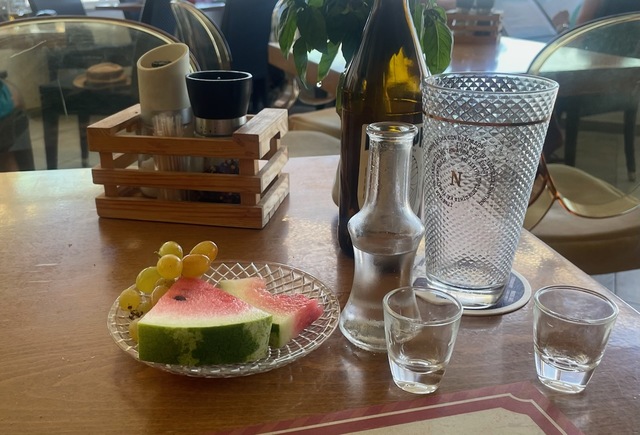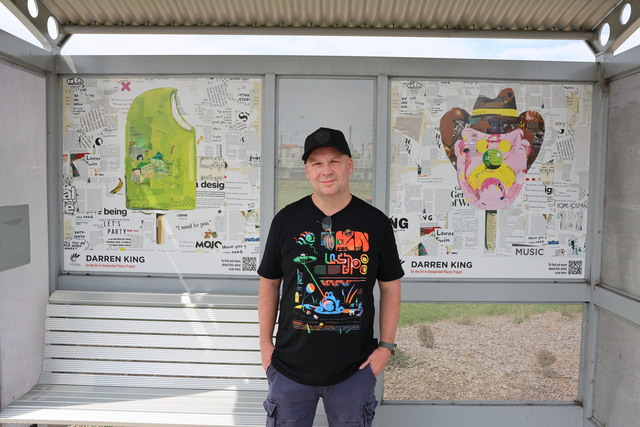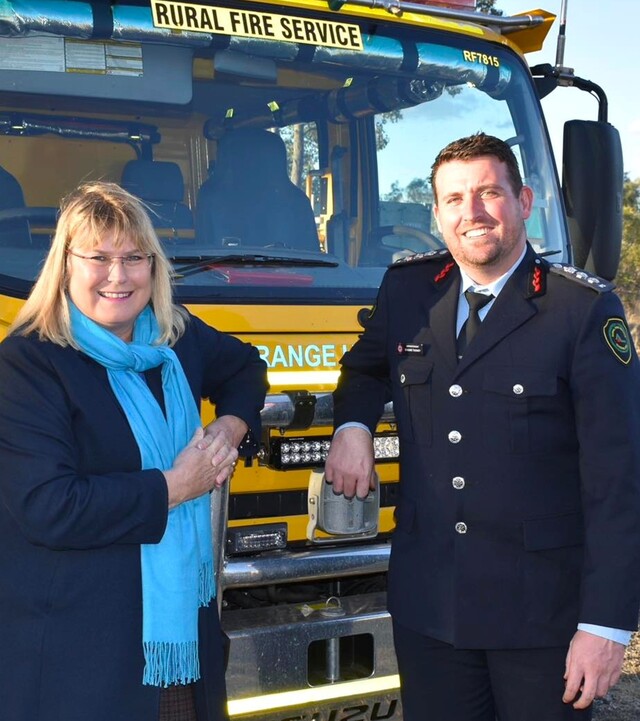Last month my wife and I headed to the UK for some family stuff, to attend a conference and to escape the Canberra winter.
Aussies get a pretty good reception these days. Perhaps it’s a combination of a toning down of Pommy-Aussie bashing, mutual appreciation in a sea of international hate, and positive images generated by our soaps on UK Television; a really good vibe.
The conference in question was convened by Manchester City Council, under the OECD’s Local Employment and Economic Development (LEED) program. I thoroughly recommend these conferences to you because they provide exposure to the big policy challenges and how others are dealing with them. For example, a key issue in the European Community is rising income inequality and the serious impact it’s having on economic growth and social harmony.
Indeed, I heard first-hand about the massive sums being poured into training and employment subsidies by the UK and other European nations. Speakers emphasised the need to get youth unemployment under control. As if to prove the point, a youth killed 38 mostly British holidaymakers the next day in Tunisia, a nation with 75 percent youth employment.
The UK training effort can be readily seen. At the Europcar depot there were six to seven youths on an induction course. At restaurants and pubs there were new starters everywhere, same at theatres, ferry terminals etc. This contrasts sharply with the situation in Australia; our youth unemployment problem isn’t as grave as Europe’s, but the outlook isn’t rosy, and the May Budget cutbacks look short-sighted.
Some other things stood out. The Brits have really got their act together after years of specialising in stodge. Arguably, they are ahead of us in ready meals, fresh and preserved fruit and vegetables (quality and price), bakeries, etc. They’ve also maintained a dominant position in key service sectors, and companies on the continent actively seek out British agencies to handle their marketing and advertising needs.The British banking, insurance and logistics sectors also conduct huge business on behalf of continental Europe.
Conversely, Aussies based in the UK came up with anecdotes about the Brits lagging behind us in gaming technology, bar management, community clubs, takeaway outlets, bricklaying and building in general, and sheer work ethic. Perhaps the large numbers of trainees and apprentices is a factor.
Nevertheless there is evidence of ‘stickiness’ in the flow of technologies and knowhow between our two economies.
Informal exchange program
It got me thinking that the Cockatoo Network could set up an informal exchange program between Australian and UK professionals to facilitate knowhow flows.It would involve UK local government people recharging their batteries with a six-week sojourn with a local council in Australia, for work experience and the sharing of ideas. For example, UK local councils are keen to access expertise to address housing shortages, implement industry regeneration programs, and administer effective training programs (as above).
To ensure it isn’t seen as a junket, our thinking is that participants would meet their own travel and accommodation costs. However they’d continue to be paid their usual salary, and return with a quality report, including advice on how the UK council could host a reciprocal visit by an Australian. The response I got from my UK colleagues was “when can we start?”
The Cockatoo Network could establish such a ‘no frills’ program given that we have UK members on the ground. No need for federal or state support or bureaucratic rigmarole; we’ll flesh this out.Meanwhile, please contact us with any views.
Lighthouse Projects
The Cockatoo Network is putting more resources into the development of biggish, sexy Lighthouse Projects (LPs), to grab the attention of federal and state governments. The LPs are also designed to give clusters and networks a reason for being. It is thus timely that Round Four of the feds’ Stronger Regions Program is expected to open in November, closing before Christmas in the run-up to a possible early election. So we need to get organised. To this end, we’ve developed a checklist of sectors in which LPs should win favour with federal Ministers and agencies. Contact us ASAP if you want the inside running.
Housing affordability
The median house price in Sydney is approaching $1 million. This struck a chord with Minister for Social Services Morrison, who says a lack of housing stock and affordability is at the centre of most social problems in Australia. Meanwhile, Treasurer Hockey said if housing isn’t affordable then “no one would be buying it.” The stage is surely set for politicians with vision and intelligence to begin a debate about strategic decentralisation. My Dream Team would be Andrew Leigh (ALP), Angus Taylor, Russell Broadbent (Libs), Nick Xenophon (Independent), Darren Chester, Michael McCormack (Nationals). Yes, I’m dreamin’.
The Goss
March election? Talk around town of the Abbott Government calling a March election to capitalise on Labor’s leadership troubles.However, the Choppergate affair put that on hold. Nevertheless, my contacts advise that the Liberals have been asking lots of questions about protocols and processes for a double dissolution. There has been an Immigration and Border Control walkout, almost all the top brass have pulled the pin. Four deputy secretaries, nine first assistant secretaries and 17 assistant secretaries are departing the Department. A shakeout of this size is unheard of. The triggers were apparently the new management style and having to wear military-style Australian Border Force uniforms.
Rod Brown is a Canberra-based consultant and lobbyist specialising in industry/regional development, investment attraction and clusters, and accessing federal grants. He also runs the Cockatoo Network.
Phone: (02) 6231 7261 or 0412 922 559
Email: apdcockatoo@iprimus.com.au
Blog: www.investmentinnovation.wordpress.com (750 articles)







